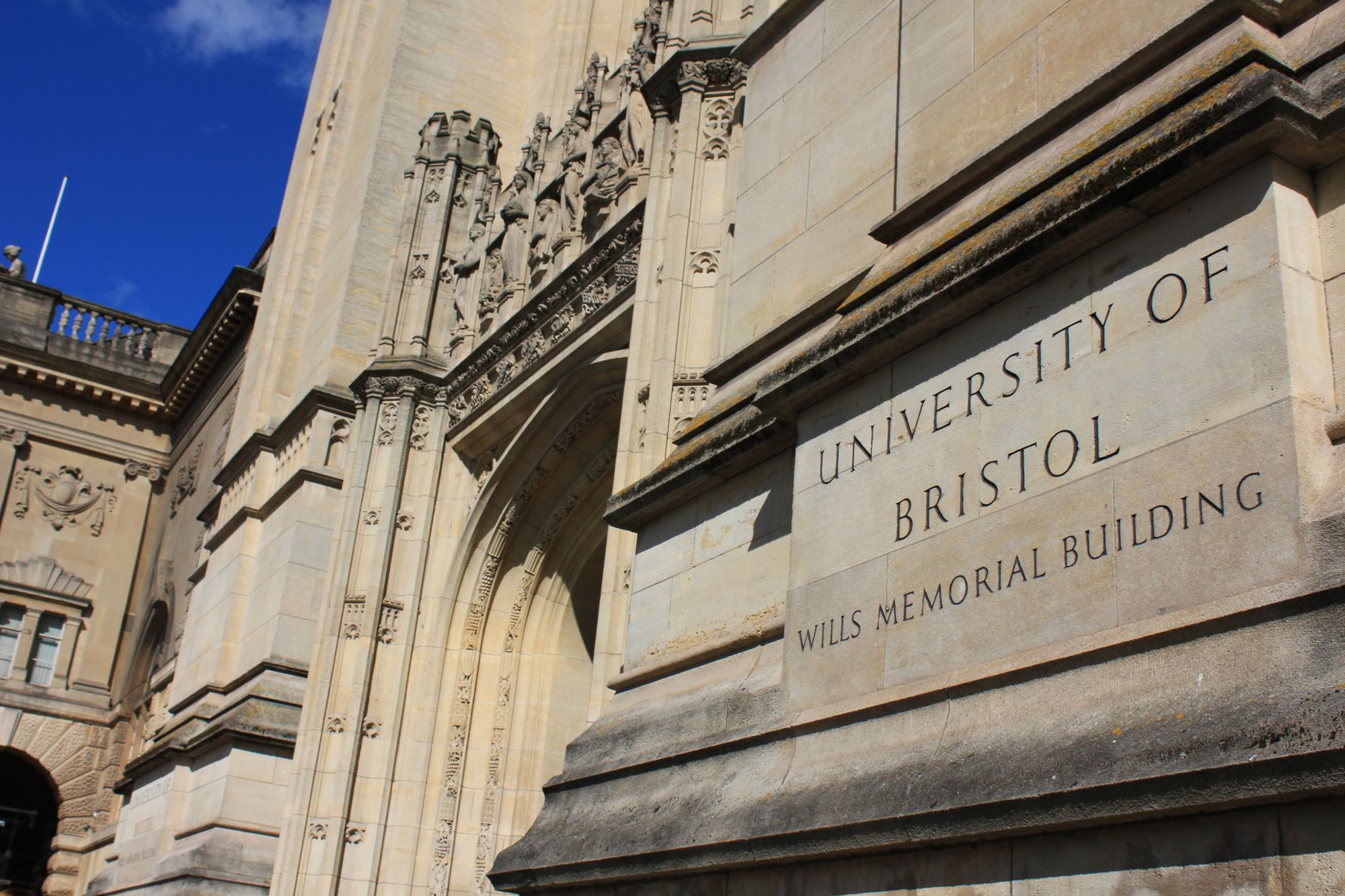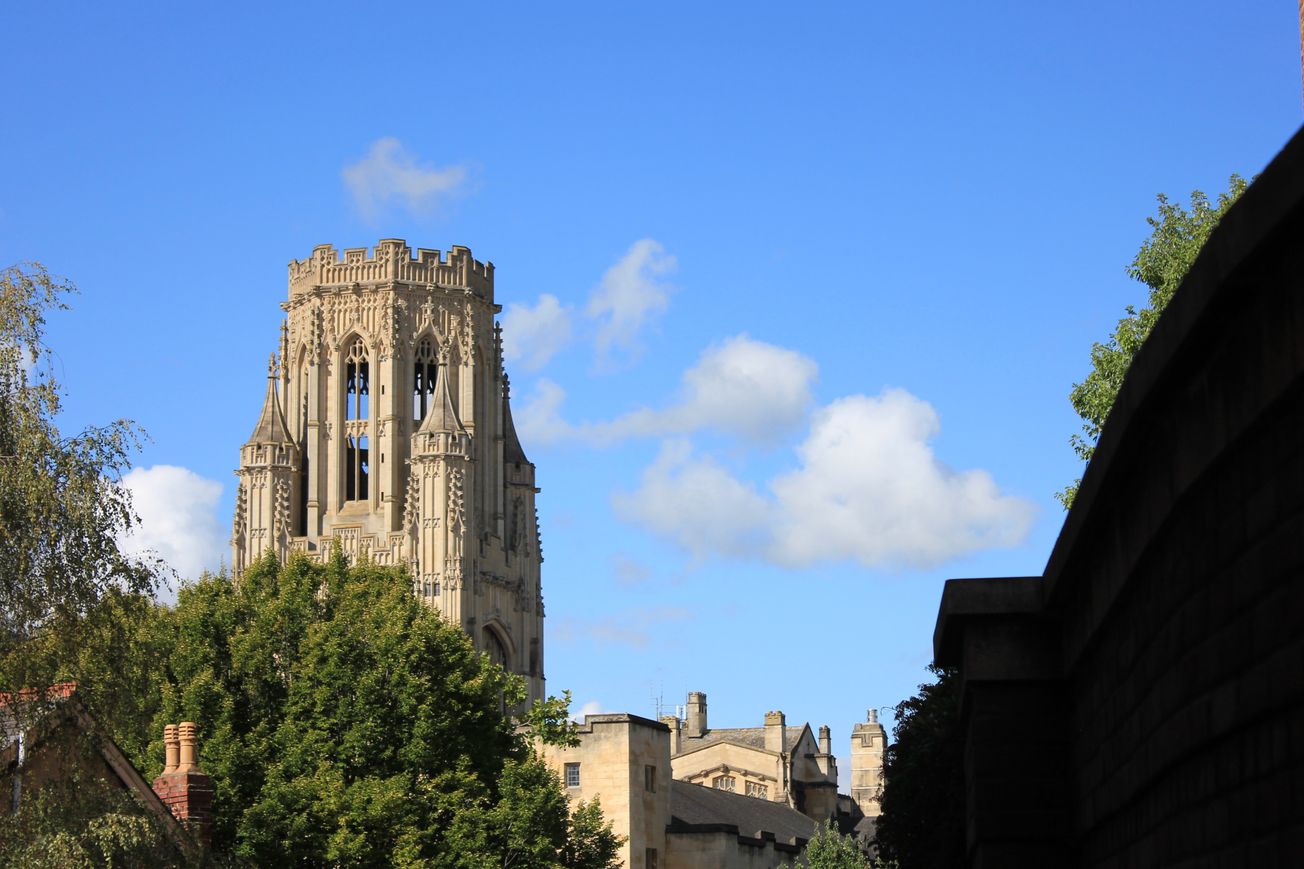By Alexander Sampson, Deputy Features Editor
Bristol’s Just Love Society have pushed the University to achieve Fairtrade accreditation from the Fairtrade Foundation, and it seems as though their work has paid off.
History weighs heavily upon Bristol. Remnants of the slave trade underpin the heart of the city, while Colston’s empty plinth stands as a reminder of the present’s violent rejection of the past.
Leading the pack in recognising and redefining Bristol’s history of slavery is Just Love Bristol, a Christian social justice society formed out of a wider organisation operating in 25 universities across the UK.

Just Love’s mandate is simple: ‘to inspire and release every Christian student to pursue the biblical call to social justice.’ This year, Bristol’s faction of Just Love has been campaigning for the University to become Fairtrade accredited by the Fairtrade Foundation. This means fulfilling a series of criteria that demonstrates its commitment to sustainable, ethical and fair consumerism.
This drive has been fuelled by Just Love Bristol’s co-presidents, Fliss Mackenzie and Anna Dean. Last autumn, after ‘much discussion and prayer’, the society landed upon tackling modern slavery and saw the Fairtrade Foundation’s accreditation system as a concrete way of practically challenging the issue of human trafficking.
A separate group formed – the Fairtrade Action Group – and its members began researching. According to Mackenzie, ‘As soon as we started digging on this, we realised what an enormous issue the whole topic of “fair” trade is. We’re talking about global inequality. And what does “fair” even mean? Is that the best we can do or is there more?’
Attempting to even define “fair” raises issues on a philosophical level. These theoretical uncertainties generate real life problems; notably, conflicting interpretations of what constitutes “fair” affects how the products are harvested and transported, while variations in laws across the world supply chain and differing structures of communication between companies and consumers mean that the term “fair” becomes ambiguous. Accountability slips away and, on multiple levels, “unfair” trade, slavery and exploitation creeps into the system.
Which ingredients spring to mind when you think of Fairtrade? 🥑
— Fairtrade Foundation (@FairtradeUK) August 13, 2021
Here are 5 ingredients that you might not realise could be sourced as Fairtrade...https://t.co/2nHJhNutRa
However, Mackenzie remains adamant that the University can make an impact on a global scale; ‘This is not a void where [everything] is overwhelming and we’re paralysed because it’s such a big issue […] rather, we can work together as a community of students and experts to enact real, practical change on our side of the supply chain.’
‘At the moment, the group’s focus is on the SU shop ‘The Basket’ and making sure it stocks Fairtrade, sustainable clothing. But then, there’s also behind the scenes institutional change within the SU [and the] National Union of Students (NUS). Change is also required on a practical level – sourcing cotton, coffee and more, all while ensuring that no worker’s products or rights are undercut.’
'We can work together as a community of students and experts to enact real, practical change on our side of the supply chain.'
Mackenzie emphasises the importance of individual choices building a collective cry for change, but also that this campaign is not just about “noise” or “awareness”: ‘We don’t want to just be standing up and shouting, “This is a problem!” We want to be working towards practical solutions in the areas we can.’
Accreditation from the Fairtrade Foundation is a start. The award takes two years to complete and there are 11 mandatory criteria required. Each award holder must demonstrate a commitment to purchasing Fairtrade products, campaigning, teaching and researching, with participants across the University community – from teaching staff to catering teams, students to procurement managers – partnering together to achieve these aims.
As a result, elements of the award have been delayed since much of the criteria is based around communications and on campus activities, all of which have been paused due to the ongoing pandemic.
However, as the country opened up, Head of Procurement Rob Logan, Sustainability Manager Rose Rooney and Head of Catering Caroline Wynn, have all been working to achieve accreditation status. Bristol’s portfolio was submitted in April and, on July 14, the award was officially granted to the University by the Fairtrade Foundation.
Bristol now joins a handful of other Fairtrade Accredited Universities, amongst whom rank Durham, Bath and King’s College, London.
Erik Lithander, Bristol’s Pro Vice-Chancellor for Global Engagement, noted in a statement: ‘The last few weeks have been outstanding for the University’s sustainability mission… [This award is] a huge vote of confidence from third parties that our sector-leading work is working.’
Bristol University's Fairtrade Network demand 100 per cent ethical cotton at SU shop
The Bristol students restoring our environment: In conversation with Bristol’s own Earthshot Team
Just Love Bristol’s new Co-Presidents, Hazel Lee and Morwenna Peer, noted in a statement that they were ‘delighted with the news that the University has been awarded Fairtrade status and are so proud of the collaborative effort which led to accreditation.’
And yet, the Society’s campaign is far from over; ‘We hope that this is only the beginning for our university and we want to see the institution combat modern slavery across all supply chains – from catering to clothing.’
To read more on Fairtrade accreditation, click here.
Featured Image: Epigram / Cameron Scheijde
What do you think about the University's new Fairtrade status?








